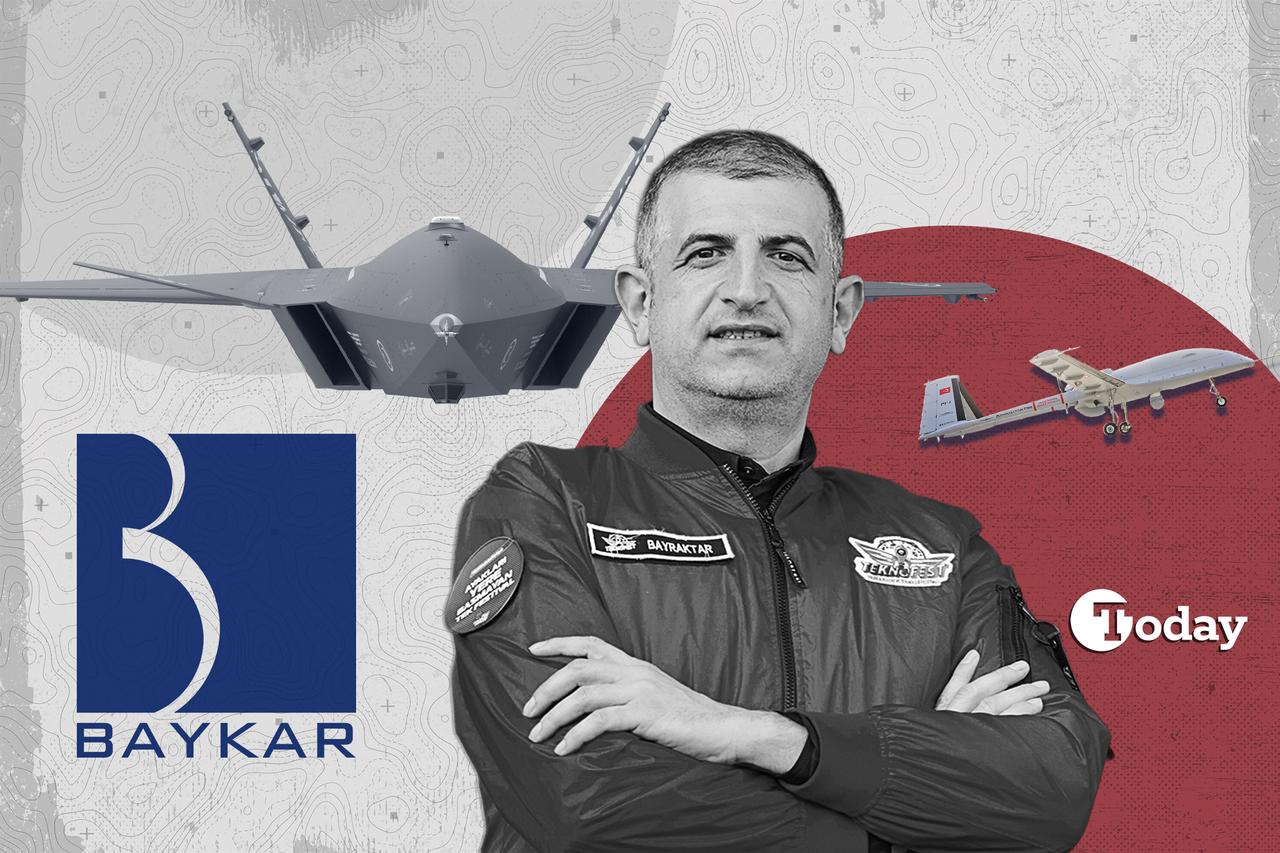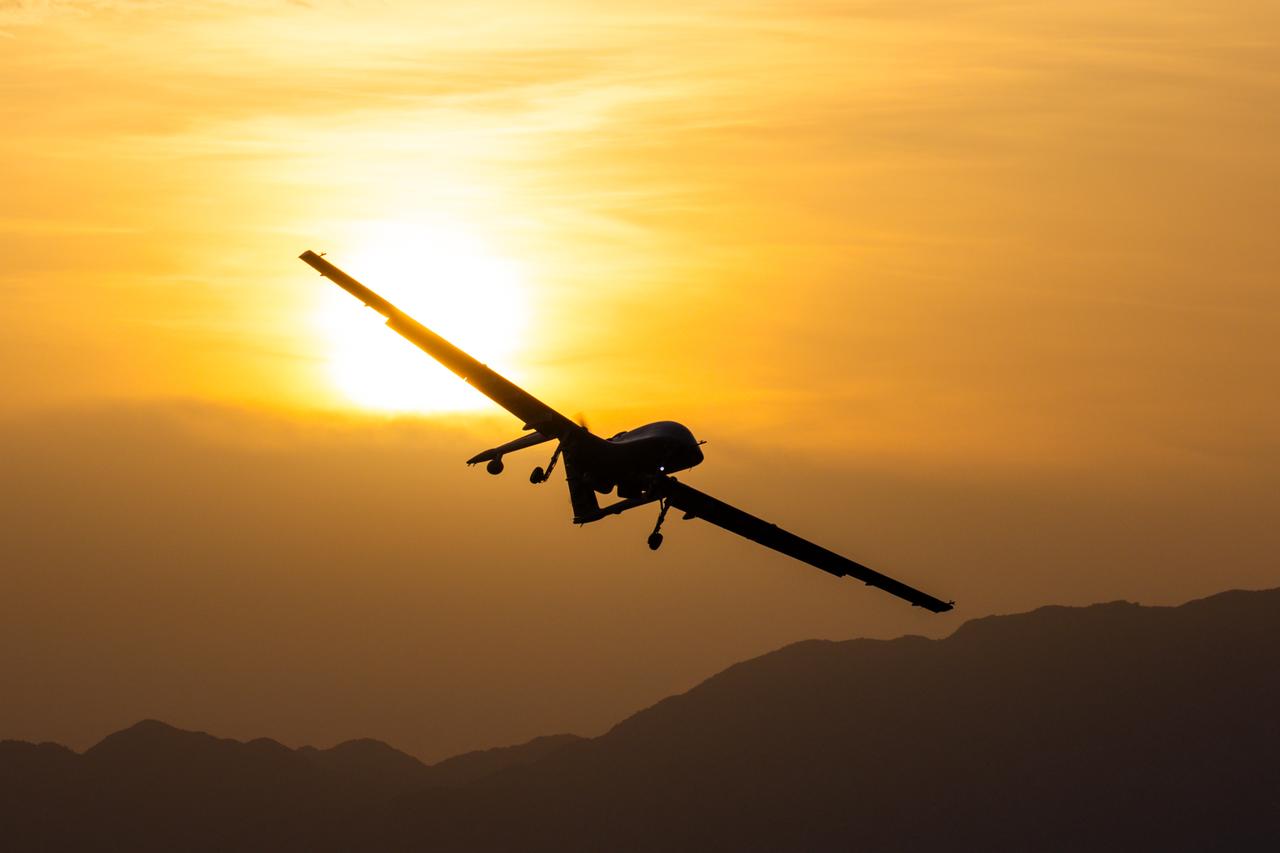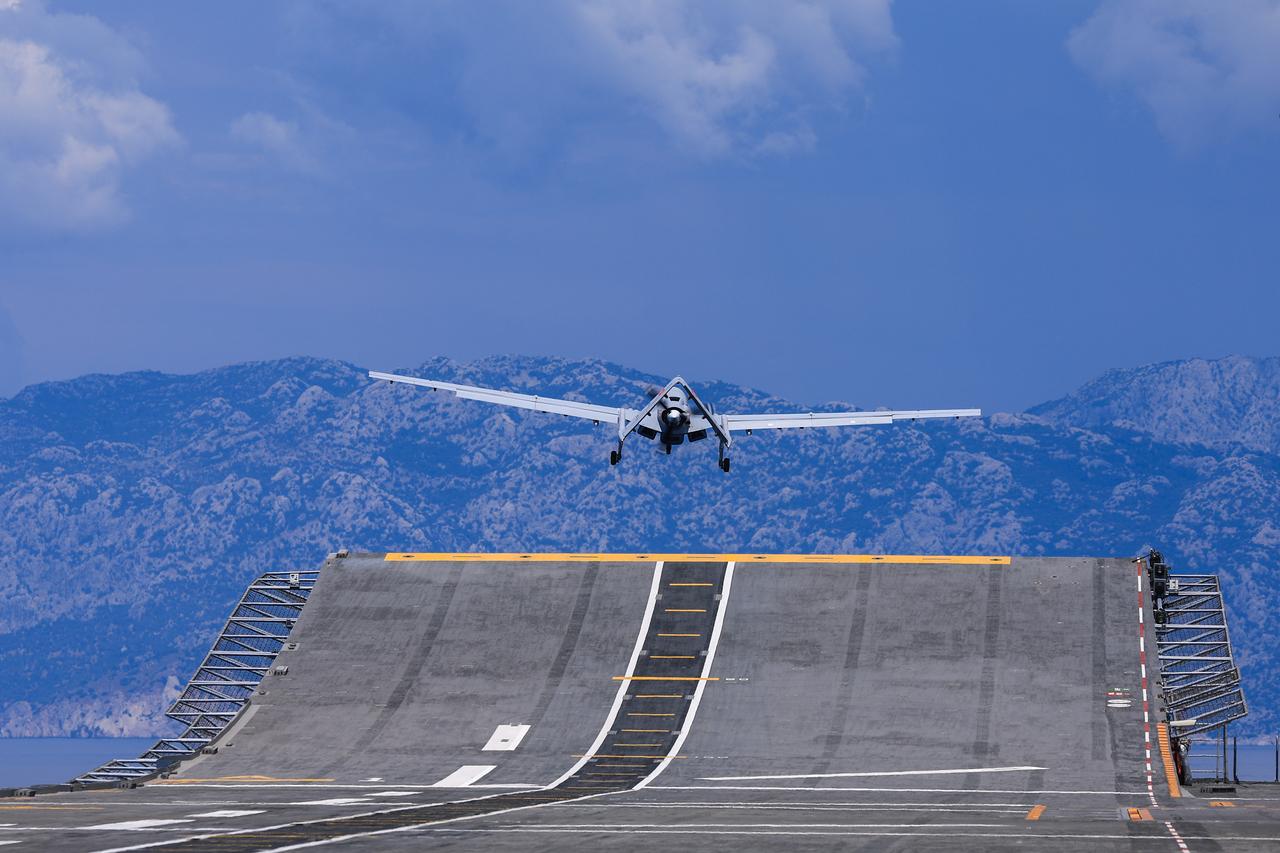
Baykar CEO Haluk Bayraktar revealed that the company is capable of producing 250 Bayraktar TB2 drones and 50 Bayraktar Akinci drones annually, underscoring Baykar’s growing influence in the global unmanned aerial vehicle (UAV) market, in an in-depth interview with the Atlantic Council.
The Bayraktar TB2, a medium-altitude, long-endurance unmanned combat aerial vehicle (UCAV), has become globally recognized for its cost-efficiency and battlefield effectiveness and has turned into one of Türkiye's leading defense export products in recent years after battle successes.
The TB2 has been deployed by over 30 countries, making it one of the most widely exported combat drones in the world.
Its battlefield success in various conflicts—from Libya and Syria to Ukraine—has driven international demand. To keep up with global orders, Baykar operates what Haluk Bayraktar describes as the largest drone manufacturing facility in the world, located in Istanbul.

Baykar is also preparing for the mass production of two ambitious projects: the Bayraktar TB3, a naval version of the TB2 designed for deployment on aircraft carriers, and Kizilelma, a cutting-edge unmanned fighter jet that brings stealth and supersonic capabilities to drone warfare.
In the interview with the Atlantic Council, he emphasized that both are currently in the testing and development phase, with production scaling planned in the near future.
As part of its international expansion, Baykar is constructing a manufacturing plant in Ukraine, which is expected to be operational by August 2025.
This facility will have the capacity to produce approximately 120 drones per year, playing a strategic role in Baykar’s long-term collaboration with Ukraine in both defense and aerospace technology.

Bayraktar emphasized that Baykar is a 100% private and self-financed company, reinvesting its revenues into technological innovation rather than relying on state funding.
In 2023, the company generated $2 billion in revenue, with 90% of sales derived from exports. This financial model has allowed Baykar to remain agile, innovative, and globally competitive, he says.
On the future of manned aircraft, Haluk Bayraktar said, ''There are about 13,000 manned fighters worldwide right now–Russian, Chinese, U.S., and other systems combined. We believe that all those platforms will eventually be converted to unmanned systems, even though one cannot prove that point just yet. But when you look at the field, it’s clearly headed in that direction.''